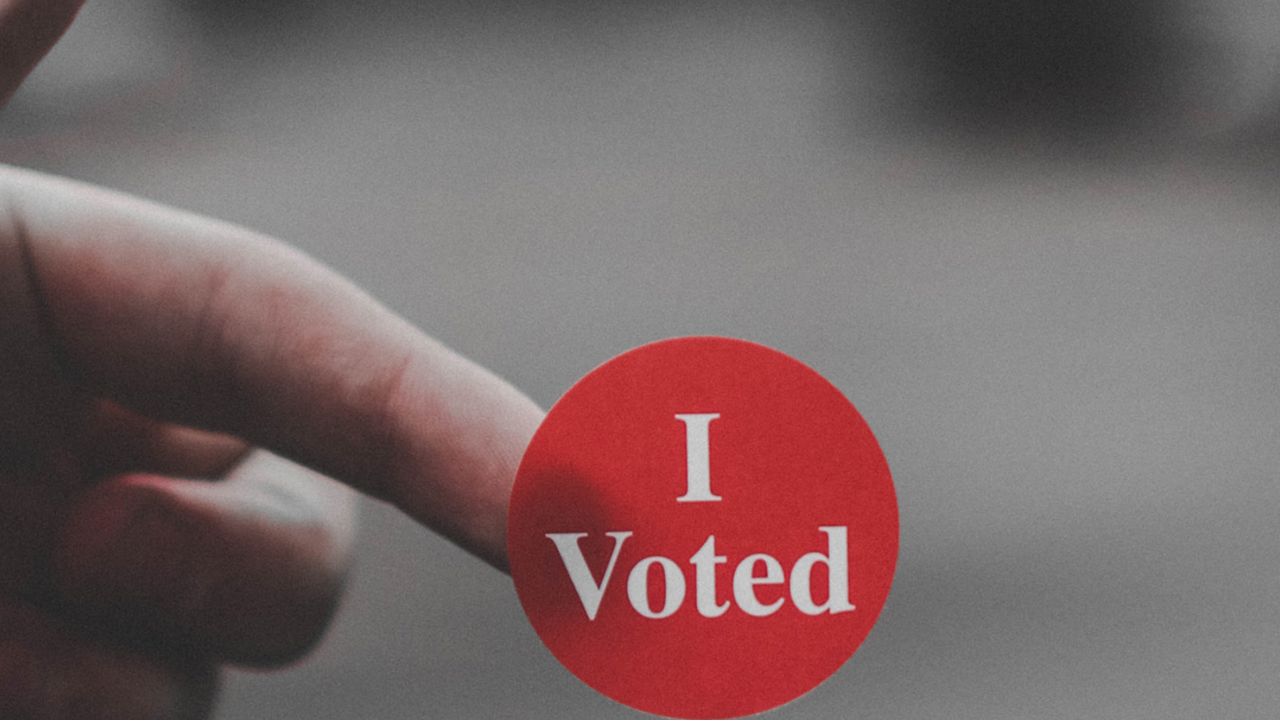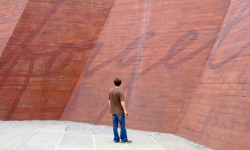
I once heard a pastor say from the pulpit, “There are two things we shouldn’t talk about as Christians: politics and religion.” I remember feeling a sense of unease when I heard this. “Well no wonder,” I thought to myself. “No wonder I have no idea how to think about politics as a Christian if people, like the preacher is encouraging, don’t even talk about it in the first place!”
When it comes to politics, Christians don’t seem to be any better at talking about it than non-Christians. This is alarming, seeing as 2020 is an election year in New Zealand. And like every election year, there will be the usual online debates, dinner-table discussions and social media trolling.
Christian confusion
In our post-truth climate of 10-second sound bites and opinion pieces masquerading as genuine ‘news’, it is not an easy time to think about how we as Christians should engage in the political process.
This question is as pertinent as ever seeing as Christians can supposedly find representation right across the political spectrum. I believe this has led to many other 20-somethings like myself being downright confused about what to do with our right to vote.
Which way to go?
I have had three elections since I was legally allowed to vote. I think my story is emblematic of many other Christians.
In the first election, I was a young and questioning teenager who had inherited a certain political leaning from my family. Naturally, I thought this was the best (and God-directed) political leaning. I dismissed opposing points of view. In fact, I was so zealous that I ended up going even further in my views along the political spectrum. I didn’t end up voting as I could not be bothered driving out to the voting booth, (did I mention I was a teenager?)
During the second election, I had got a university degree, moved away from home (and like many others, returned back), while working more than a few meaningless jobs for awful bosses. My political views, as a result, were shaped by these experiences and I was drawn to a different party to vote for. This time I had a beat-up Mitsubishi Lancer and no excuse to not vote.
By the third election, I was married, had relocated to central Auckland, become a pastor, and had stopped studying. My priorities had changed remarkably and so did my voting preference. For the third time in as many elections my vote went to a different party.
Picking and choosing
What I have learnt from these three previous elections encourages me. It encourages me because of something a lecturer at Bible College once shared with us in one of his lectures on politics.
He claimed, and I think rightly, that Millennials (and Gen Z, no doubt), do not simply vote according to party lines like our Gen X and Baby Boomer predecessors. We are not simply ‘liberal’ or ‘conservative’ on every single issue.
Instead of being someone whose views are either left or right, we tend to pick and choose different politicians and parties based on our preference for environmental issues, justice issues, moral issues, social issues and so on. Although we may support some polices, we don’t have to support all of them.
Never the twain shall meet
Due to our preferential nature, voting should therefore be a more freeing and, dare I say it, enjoyable task. It is not simply about picking the right party over the wrong party—the God-chosen party over the non-God-chosen party.
Ultimately, I believe that the preacher had a point when they talked about the mix between religion and politics. Religion should not mix so much with politics that it can no longer be differentiated. The opposite is true also. Humans have shown throughout history that the two should never truly mix.
This is because Christians hold onto a vision of hope that can never be fully realised by any government at any time in history. This is a hope in a King and His Kingdom that at once is already elected to power and yet still awaiting his final coronation.
With this knowledge, vote for the party and politicians by all means, but do not place all your eggs in their political baskets. Maybe then a miracle might happen and—unlike the preacher’s message—maybe Christians will be better at talking about politics.
Contributor: Caleb Haurua
Caleb is a young dad, a New Zealand Warriors supporter, and youth pastor in Central Auckland. A proud Māori and Cook Island man, he gained his Masters of Applied Theology at Carey and has been in ministry since 2017. He loves to openly muse about things in articles like this one.
This article originally was published by Christian Today as ‘Elections for the Elect: How Should We Vote?’ and is used with permission.


